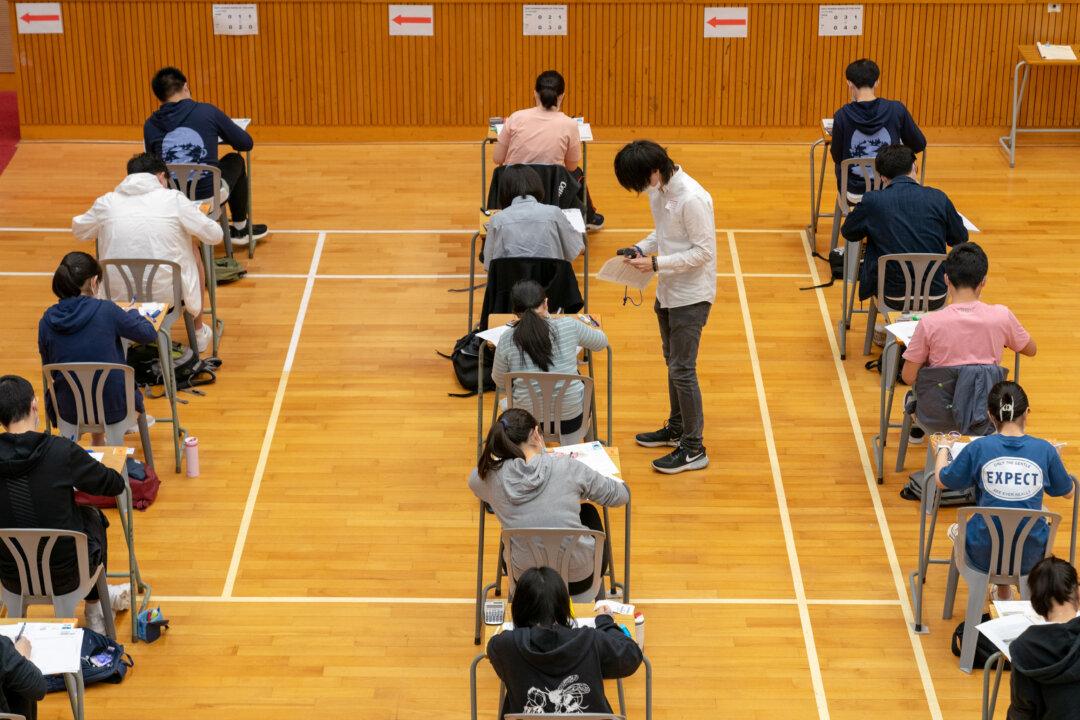Commentary
People thought that the first Hong Kong Diploma of Secondary Education (HKDSE) exam subject drawing public attention should be Liberal Studies, as it would mark the end of Liberal Studies education in Hong Kong.

People thought that the first Hong Kong Diploma of Secondary Education (HKDSE) exam subject drawing public attention should be Liberal Studies, as it would mark the end of Liberal Studies education in Hong Kong.